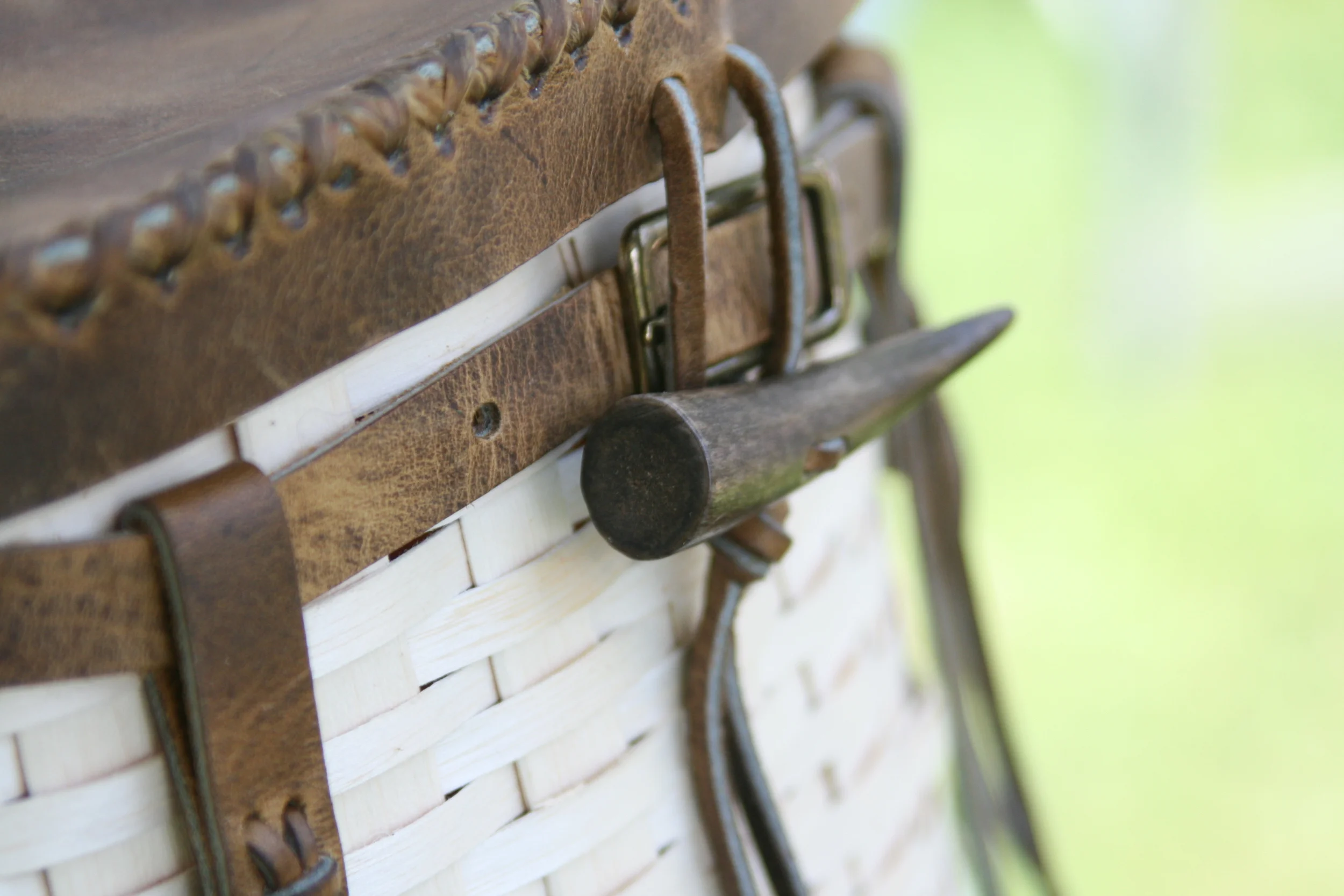Abbe President and CEO Cinnamon Catlin-Legutko. Photo by Rogier van Bakel.
Abbe Museum President and CEO, Cinnamon Catlin-Legutko, and Director of Collections and Interpretation, Julia Gray, will travel to Washington, D.C. February 22-23 to petition our government and make the case for museums.
Joined by other museum leaders from Maine, Catlin-Legutko and Gray will be visiting members of Congress and their staff to make the case for federal support of America’s museums. They will be among more than 200 museum professionals and supporters from across the country participating in the eighth annual Museums Advocacy Day, organized by the American Alliance of Museums.
Catlin-Legutko and Gray are rising to the occasion to educate elected officials and inspire support for museums, at a critical time—just as Congress begins its work for the year.
“Legislators have a lot of issues on their plates, and we can’t expect them to fully appreciate the museum field unless we bring the message to their doorstep,” said Catlin-Legutko. “We want to make sure Congress knows about the indispensable work museums do, and their role as educational and economic assets.”
As the first and only Smithsonian Affiliate in the state of Maine, the Abbe Museum is trying to do more than just be a cultural and historical institution. Education is central to its mission, and with the launch of a new strategic plan this past fall, the Abbe’s mission hasn’t changed, but its vision has a new focus.
“Decolonization, which means sharing authority for the documentation and interpretation of Native culture, has been the Museum’s touchstone and guiding principle for many years,” said Catlin-Legutko. “As the only museum in the world dedicated to telling the story of the Wabanaki, we are committed to an ongoing process of better understanding Wabanaki culture, history, and values and examining and changing our practices to assure they reflect those values.”
Decolonization is an emerging concept in museum practice in the United States, and the Abbe is deeply committed to work that positively impacts the tribal communities and the museum industry. The Abbe is already a resource and a model that the museum field turns to for ideas, solutions, and strategies for comprehensive museum decolonization and the board and staff will deepen and broaden that commitment.




 Abbe President and CEO, Cinnamon Catlin-Legutko will travel to Washington, D.C. on February 24-25 to participate in Museums Advocacy Day, during which over 300 museum professionals from across the country journey to the capitol to make the case for federal support of America’s museums.
Abbe President and CEO, Cinnamon Catlin-Legutko will travel to Washington, D.C. on February 24-25 to participate in Museums Advocacy Day, during which over 300 museum professionals from across the country journey to the capitol to make the case for federal support of America’s museums.



